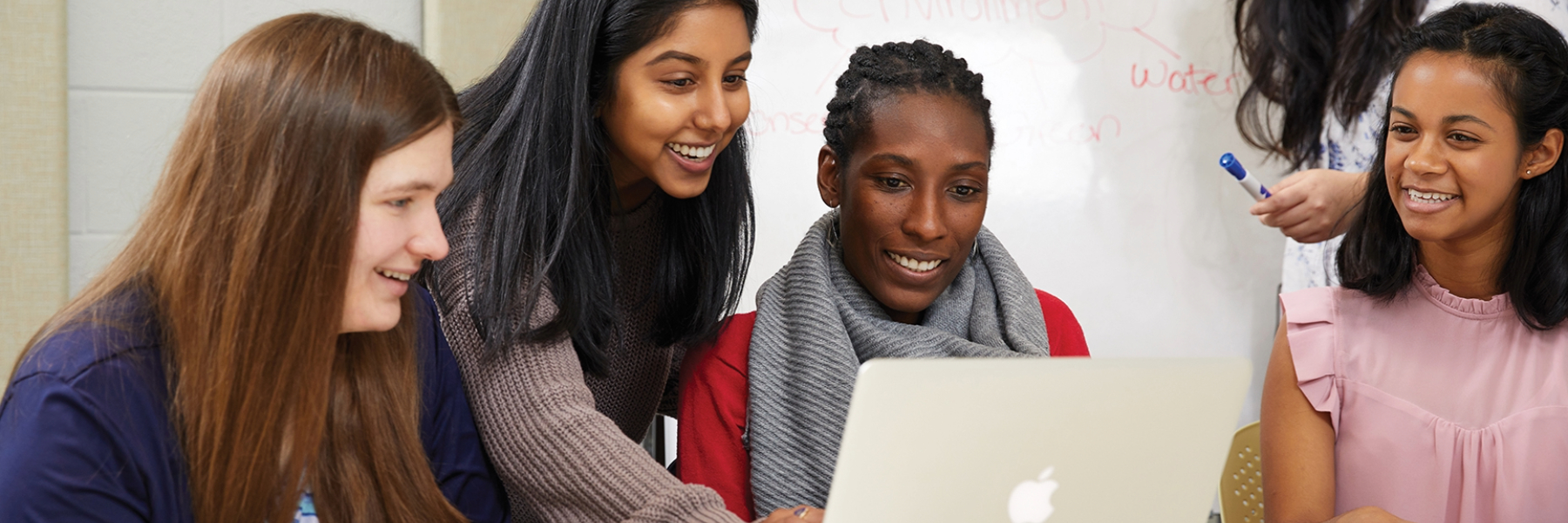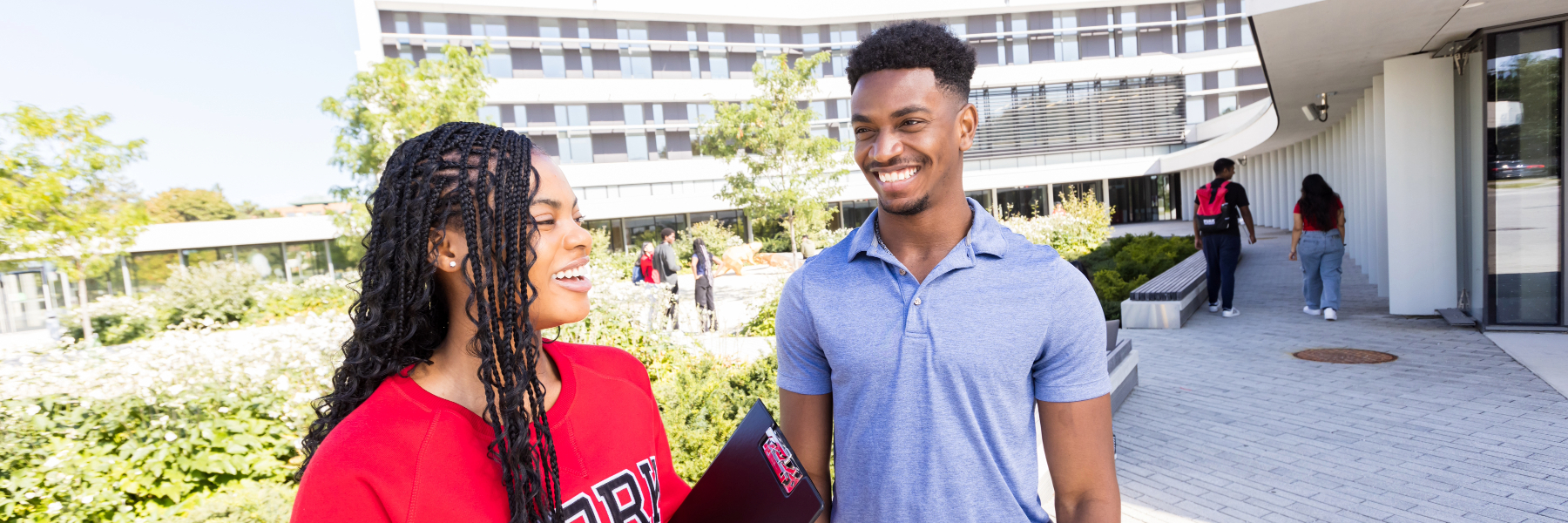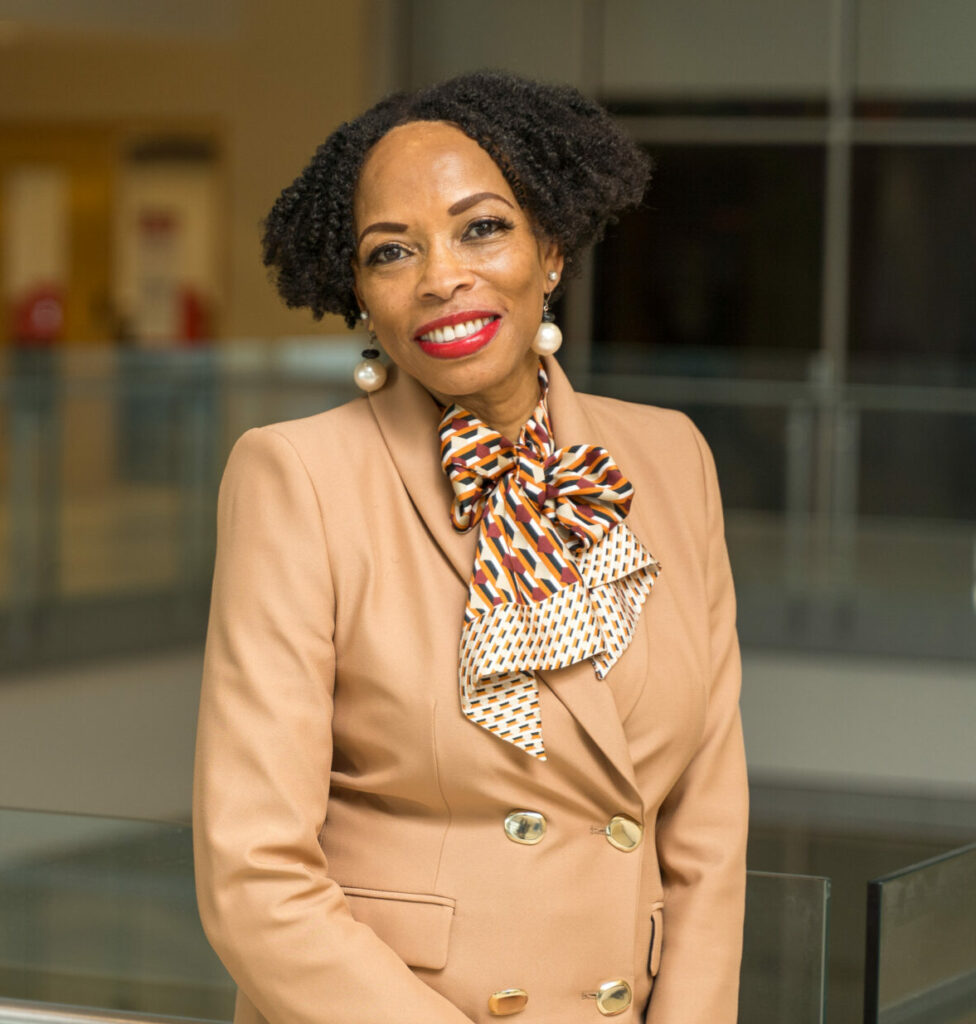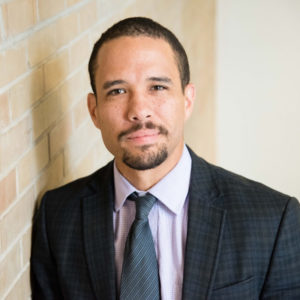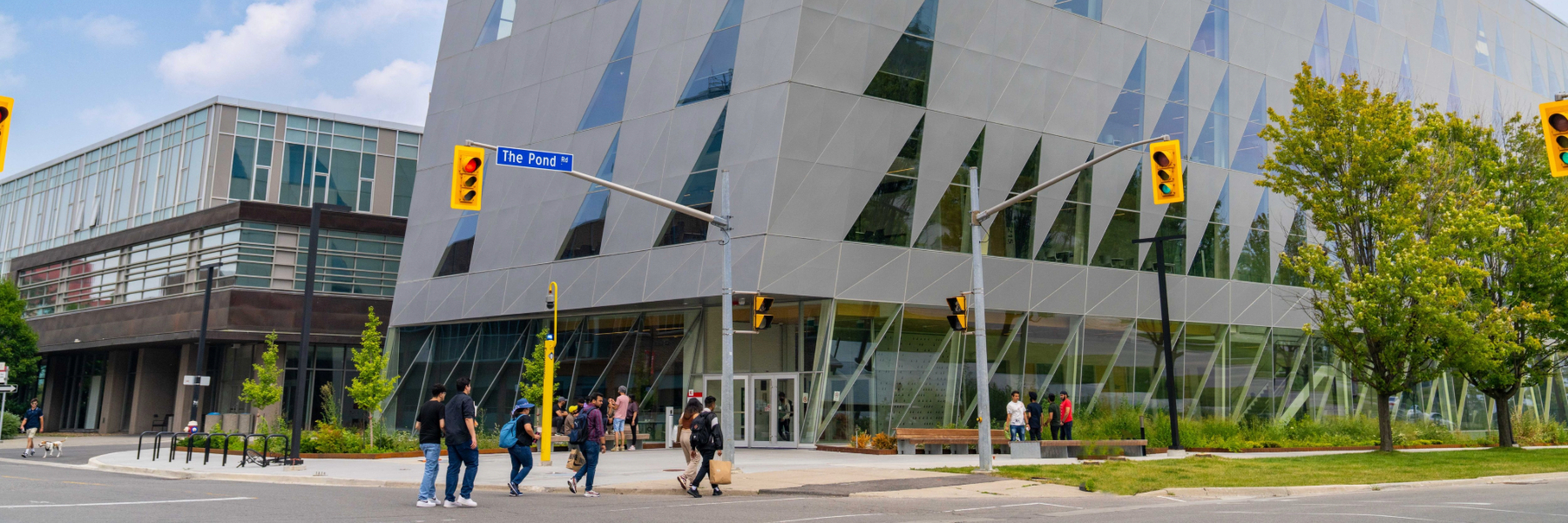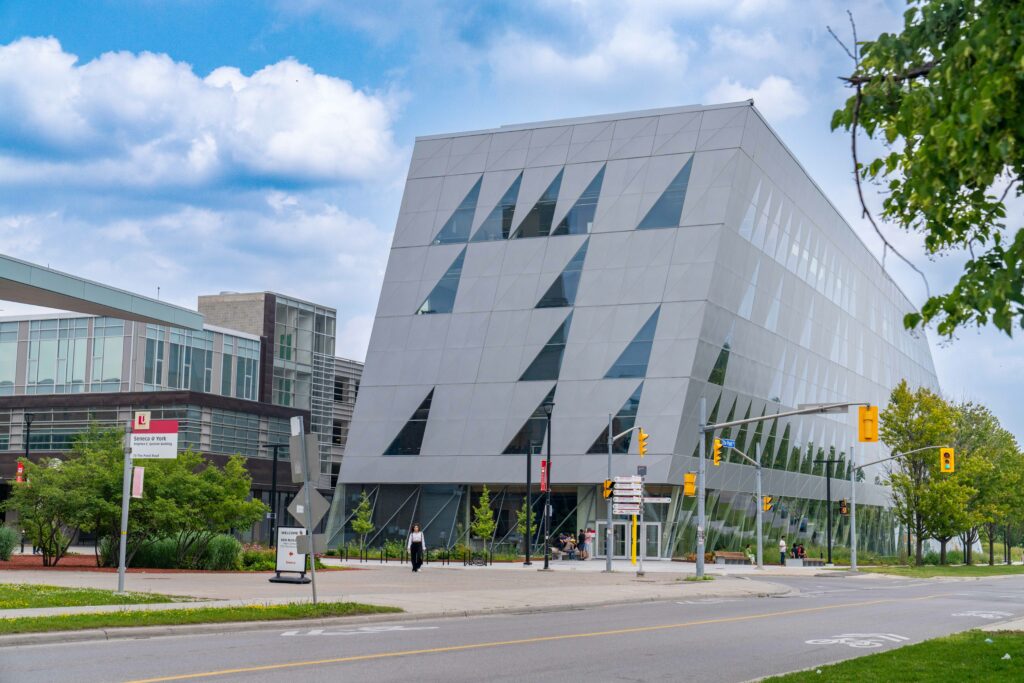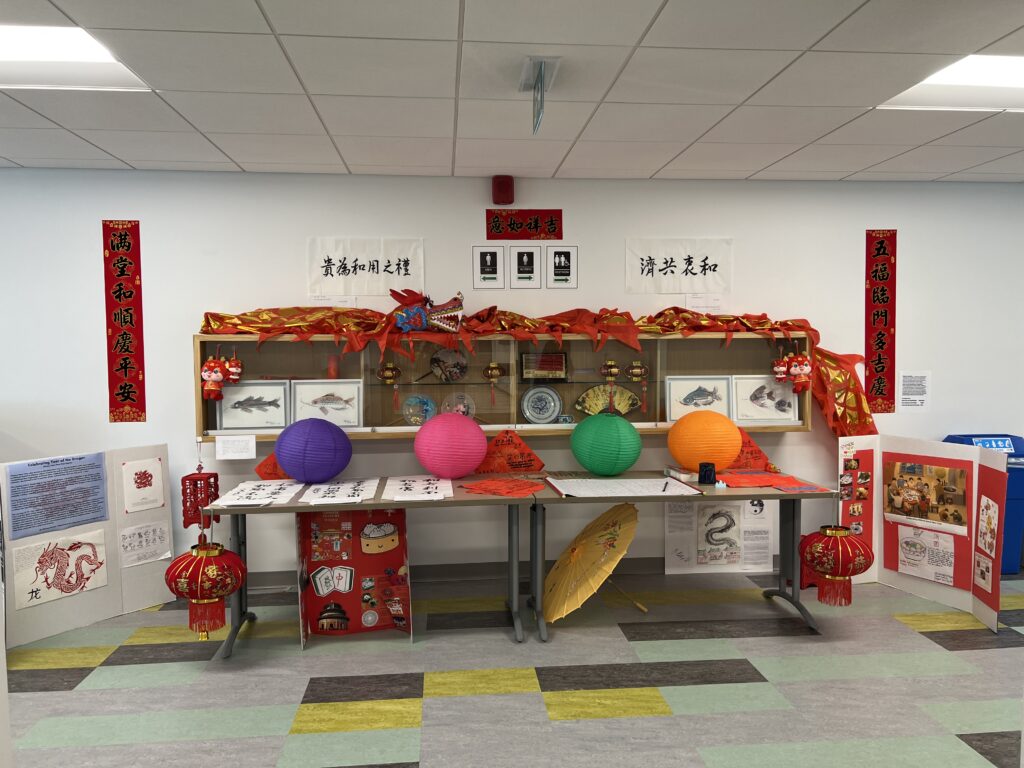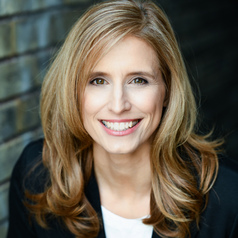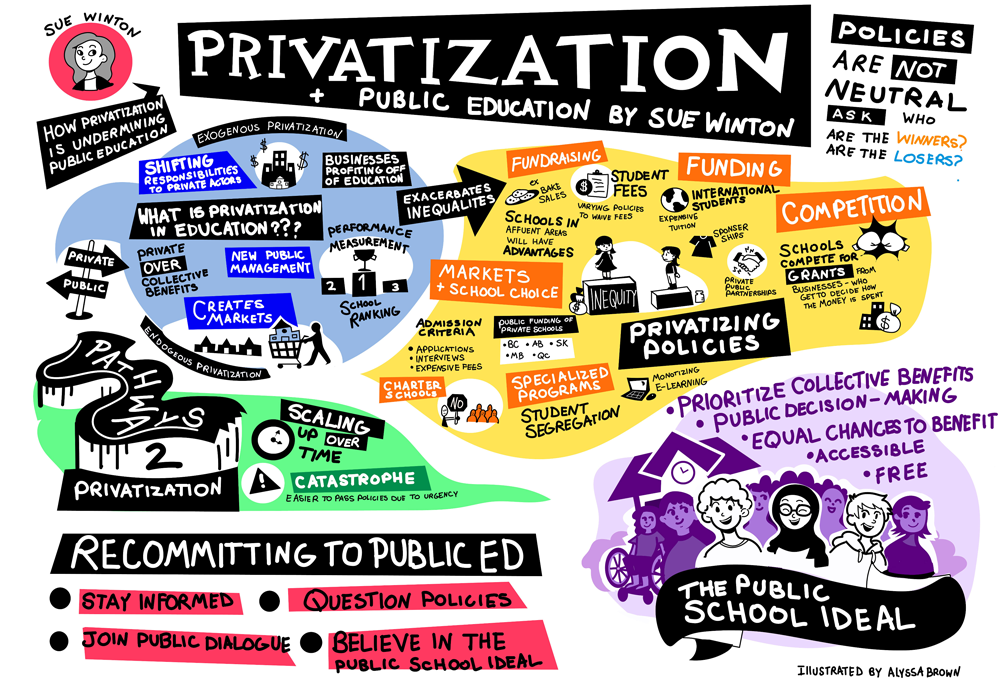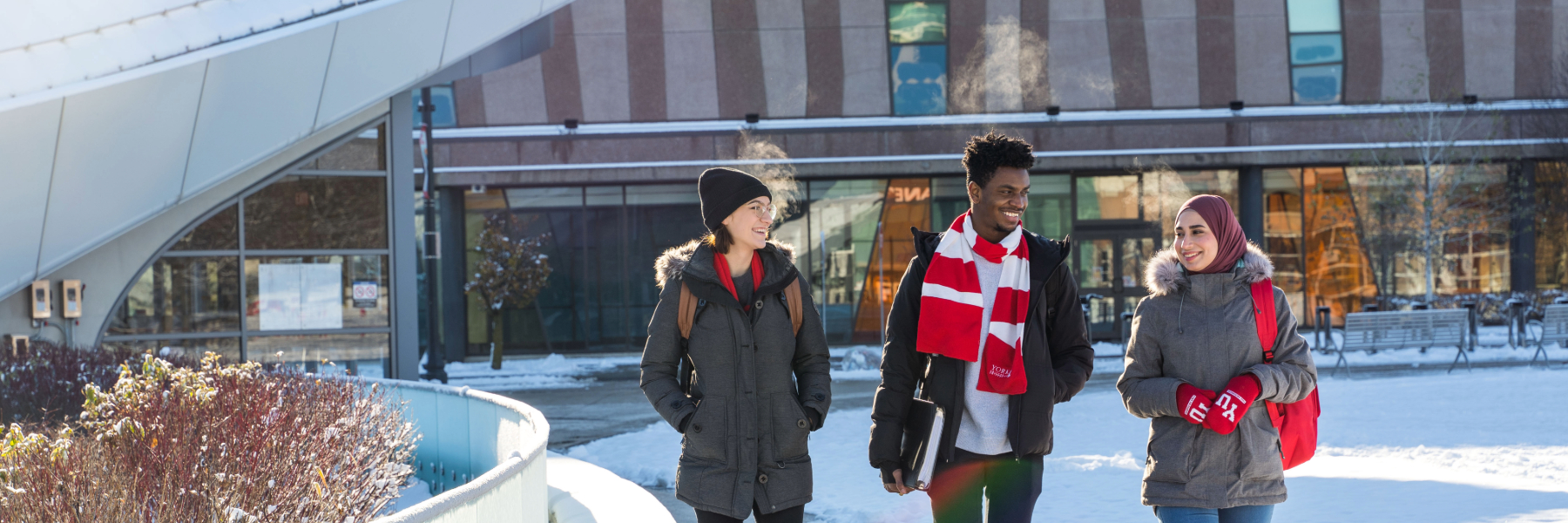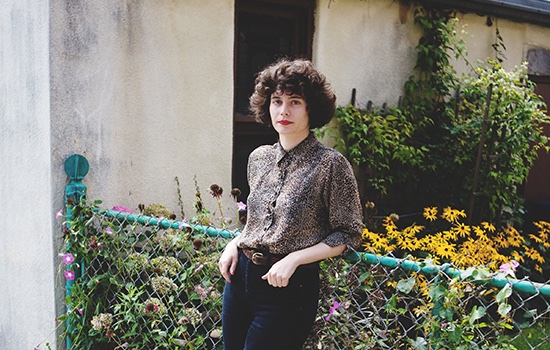March is Open Education Month, a time to celebrate open educational resources (OER), which are openly licensed, freely available educational materials that can be used, accessed, adapted and redistributed with limited restriction. York University’s engagement with OER has continued to expand and grow over the recent years, helping faculty create inclusive and adaptable learning environments while advancing a number of United Nations Sustainable Development Goals (UN SDGs) – specifically, UN SDG 4: Quality Education, UN SDG 10: Reduced Inequalities, and UN SDG 11: Sustainable Cities and Communities.
In an upcoming series of webinars scheduled for this month, Dominique Scheffel-Dunand, an associate professor in linguistics at York and co-lead for Camerise, York’s French-as-a-second-language (FSL) hub, will spearhead efforts to promote the use of Camerise, H5P, and Pressbooks for developing inclusive OER for FSL and English as a second language (ESL). Supported by a $5,000 award from eCampusOntario, Scheffel-Dunand and her co-presenter, education technology consultant Sushumna Rao Tadinada, will deliver these webinars in both English and French.
“The events that York is hosting and participating in for Open Education Month show that the University is making great strides to support the University Academic Plan’s priority of Access to Success,” said Sarah Coysh, associate dean of digital engagement and strategy at York University Libraries. “Open educational practices in the classroom help provide students with access to course learning materials from the first day of classes. Our York eCampusOntario OER Rangers have also been instrumental in helping to spread awareness of open education on campus and providing faculty, staff, and graduate students with training and guidance on embedding these practices into their teaching and outreach programs,”
The first webinar, titled “Creating Accessible Interactive OER with H5P for Language Teaching (FSL and ESL),” on March 14 from 8 to 9 a.m., will demonstrate the use of the Canvas (LMS) and H5P platforms to design massive open online courses (MOOCs) – open-access courses with unlimited participation – in both English and French, focusing on the values of openness and diversity.
The subsequent events will delve deeper into using Pressbooks and H5P to publish interactive and inclusive learning modules.
The second and third event, titled “Libérer la puissance de l’apprentissage interactif et inclusif avec Pressbooks et H5P en FLS et ESL,” will be offered first as a webinar and then as a hands-on workshop by Scheffel-Dunand and Tadinada Ra. Delivered in French, the sessions will illustrate using Pressbooks to publish collections of training modules developed with H5P and made accessible on Lumi, H5P.com, HTML or in PDF format. The two events focus on how to conceptualize the interoperability between various tools and publishing platforms such as H5P or Pressbooks to foster accessible and interactive learning, from K-12 to post-secondary education.
Interested individuals can attend the March 21 webinar from 8 to 9 a.m. or the March 28 hands-on workshop from 8 to 9:30 a.m.
“These webinars and workshop have been co-designed with Ontario educators to ensure stakeholders in FSL and ESL in the province and beyond explore how to author high-quality content and why it matters that such content be discoverable, reproducible and modified for localized contexts to meet community needs for language and culture,” said Scheffel-Dunand.
During the first week of March, eCampusOntario – a nonprofit organization supporting technology-enabled teaching, learning and innovation at Ontario’s publicly funded universities, colleges and Indigenous institutes – will also be hosting several webinars to promote OER and open educational practices. Charlotte de Araujo, an assistant professor in York’s Faculty of Science, and Stephanie Quail, acting director of the Libraries’ Open Scholarship department, were accepted into eCampusOntario’s OER Ranger program last August, making them York’s institutional champions of the use of OER.
De Araujo will be speaking at the eCampusOntario Zoom webinar titled “Designing and Publishing OERs: Creator Panel Discussion” on March 7 from noon to 1 p.m.
“The OER Ranger program has provided us with the opportunity to share the benefits of OERs with our academic community, promoting a collaborative dialogue between stakeholders and encouraging OER integration in our teaching practices,” says de Araujo. “Being able to implement OERs, whether it is a textbook chapter or an ancillary resource to review course content, can be one solution to help alleviate cost challenges, enabling students to freely revisit course material, fostering lifelong learning for all stakeholders.”
Quail adds, “Being an eCampusOntario OER Ranger has provided me with the opportunity to build my network of open education advocates across Ontario, while also co-creating events at York University with my fellow ranger to support faculty, staff and student engagement with open educational practices.”
As York University continues to champion OER and open educational practices, it exemplifies its commitment to accessible and inclusive education, paving the way for innovative pedagogy and community-driven learning initiatives.


